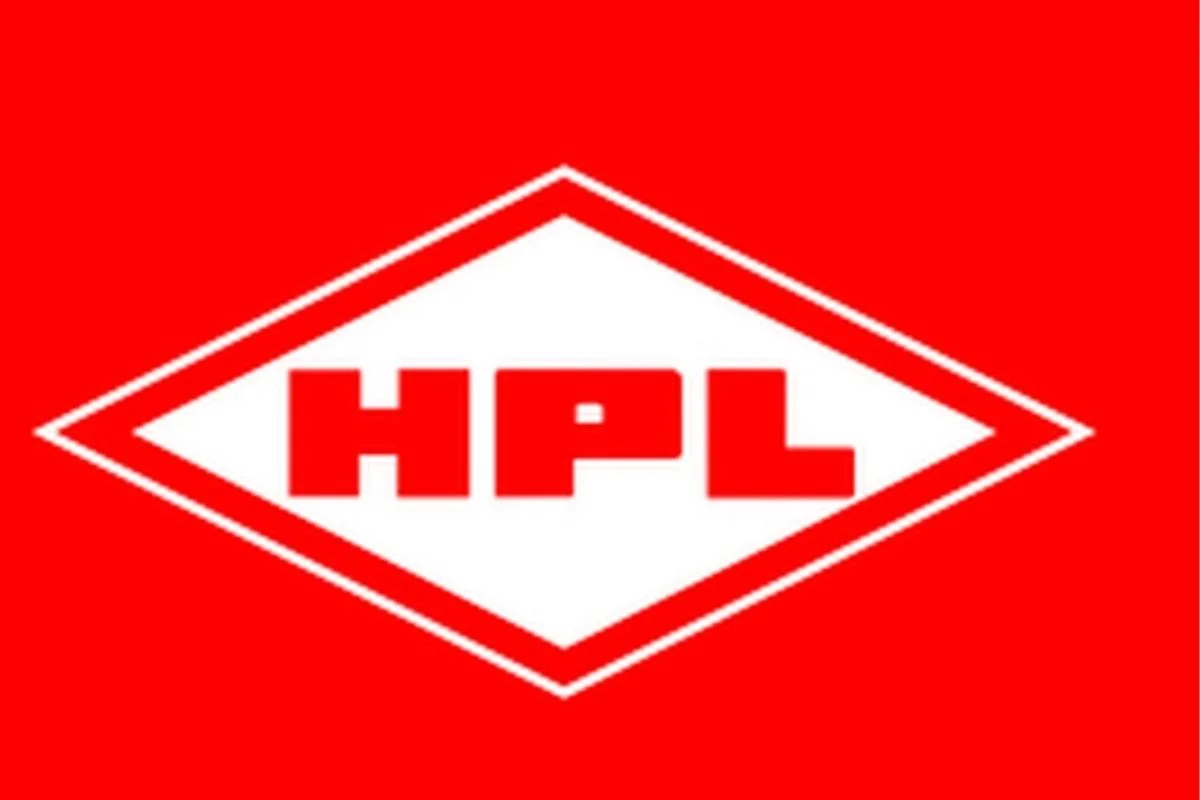
Smart meters are quite useful in today's day and age, considering how they help for smart metering and aid in the avoidance of reduction in performance from any foreign entity or obstruction, as, if something like this is detected, they usually send out a prompt, hence the name smart meter.
On Tuesday, HPL Electric and Power mentioned that it had finally received the approval and production clearance that it had been waiting for, from a leading private distribution company when it comes to topics relating to the implementation of narrowband Internet of Things (NB-IoT) based smart meters in parts of India's national capital.
The new range of meters feature both 4G and 5G compatibility, offering a dedicated channel when it comes to smart metering and the avoidance of any reduction in matters regarding performance from interference or obstruction due to any congestion or blockage on the public network. The meters have been developed in-house at HPL's R&D facility at Gurugram.
The initiative comes in the form of the world's largest electricity smart metering programme currently in the works in India, primarily focused at cutting distribution losses.
What Do We Know About HPL Electric and Power's Plans
The country further plans to replace approximately 25 crore conventional meters to help raise the annual revenues of electricity distribution companies that might be facing debt.
In case you were wondering, HPL has the largest overall market share when it comes to electricity energy meters in India, with the fifth largest share in terms of LED lamps.
When it comes to the residual effects of the announcement, HPL Electric & Power shares rose by 5.45% to Rs 61 after the company announced that it had received approval and production clearance from a leading private distribution company when it comes to the implementation of Narrow-Band IoT based smart meters in parts of Delhi.
Gautam Seth, the joint MD of HPL Electric & Power stated that NB-IoT was a new and cost-effective technology in the 4G and 5G spectrum with fast deployment quality. With this new technology, the interference and problems that arise due to public network congestion will not hamper the performance of a smart meter anymore as data will smoothly flow through a dedicated channel.
Overall, the company's consolidated net profit has risen 25% to a net Rs 8.39 crore after a 0.06% decline in net sales to Rs 243.99 crore in Q3 FY21 in comparison to Q3 FY20.















